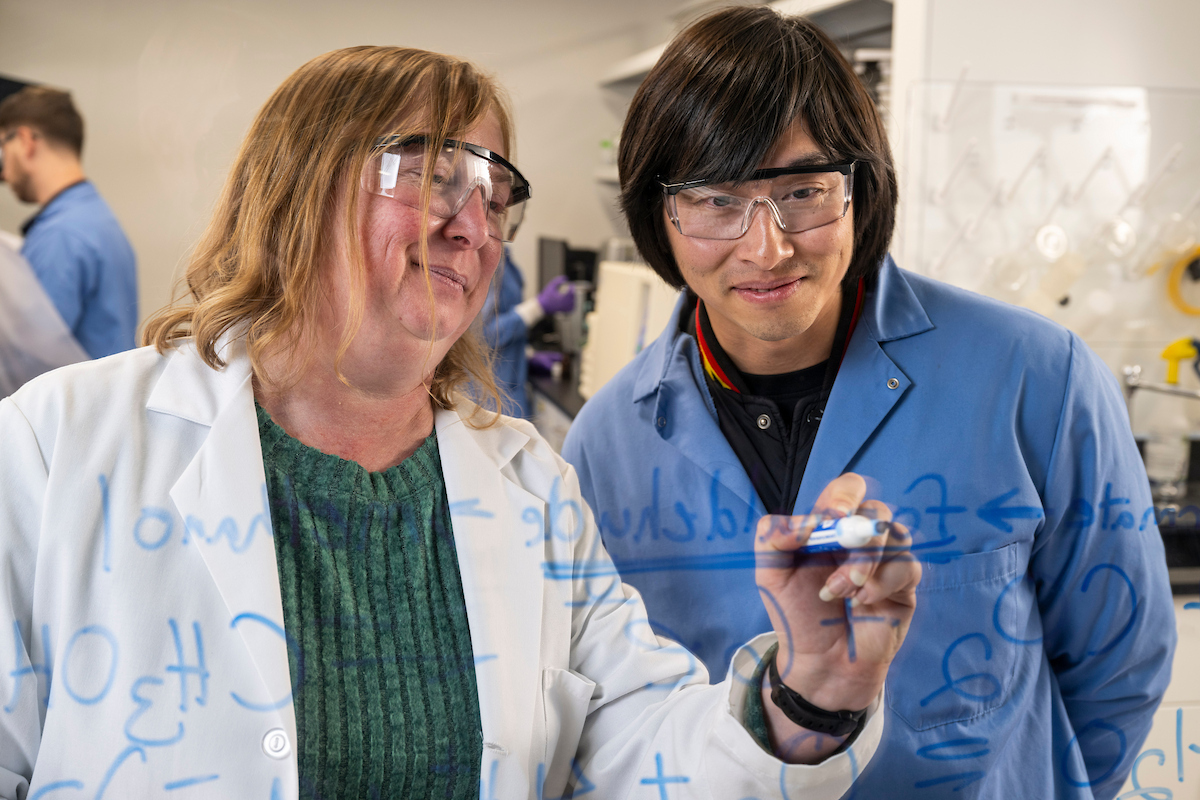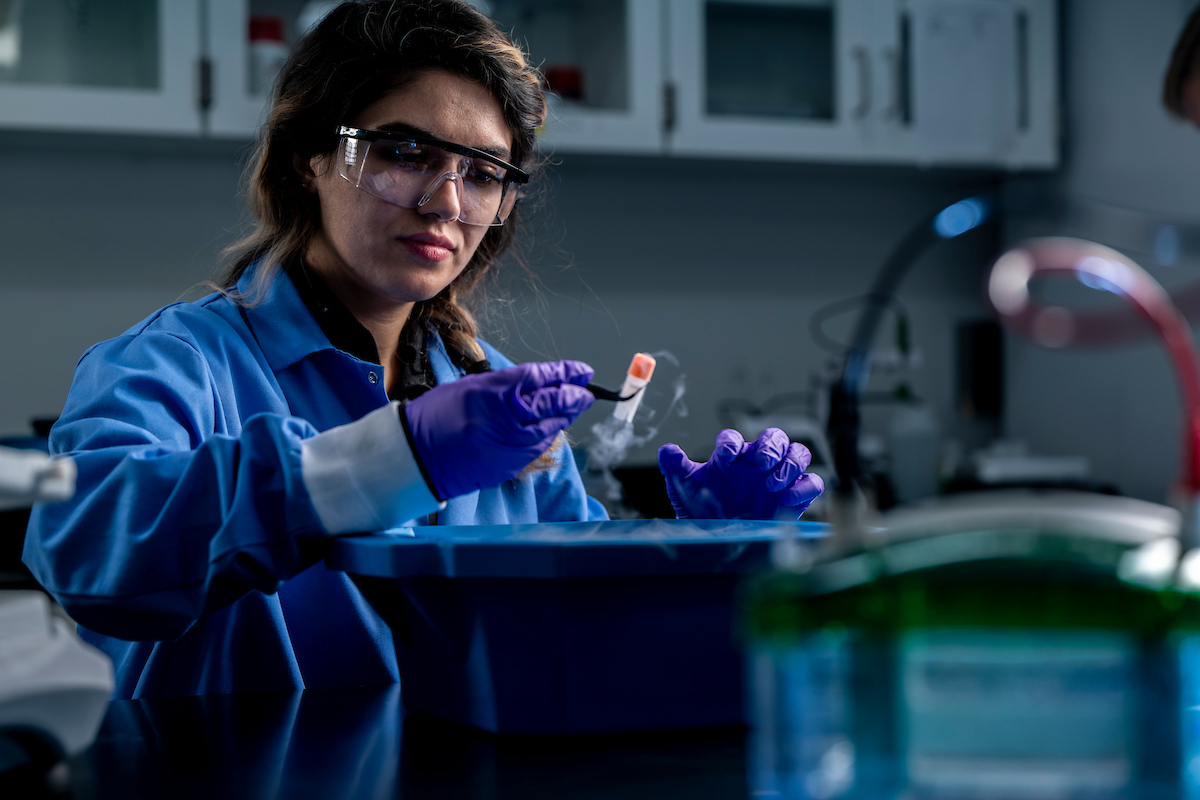Vision
The center will decrease the footprint of mineral and fuel extraction, increase access to clean air and drinking water, and leverage regional resources for resilient energy, water and materials utilization.
Research
.jpg)
Sustainability research, especially in electrochemistry, plays a critical role in promoting resource sustainability by enabling cleaner, more efficient methods for material production, transformation, and recovery. Electrochemical processes reduce dependence on non-renewable inputs and minimize waste by using electricity to drive selective chemical reactions. This research supports the development of sustainable technologies that align with circular economy principles and improve the long-term management of natural resources.
Workforce Development

Engaging in sustainability research is a powerful tool for workforce development, providing students and early-career scientists with hands-on experience, critical thinking skills, and technical expertise. Through research, individuals gain proficiency in experimental design, data analysis, and scientific communication—skills essential across academia, industry, and government. By integrating mentorship, collaboration, and real-world applications, chemistry research cultivates a well-trained, adaptable workforce ready to lead in a wide range of scientific fields.
Industrial Collaboration

Sustainability research is strengthened through close collaboration between academic institutions and industry partners. These partnerships bridge the gap between fundamental science and practical application, enabling the development of greener chemical processes, cleaner energy systems, and more efficient use of resources. By working together, researchers and industry can identify real-world challenges and co-develop scalable solutions that promote more environmentally sustainable practices.
